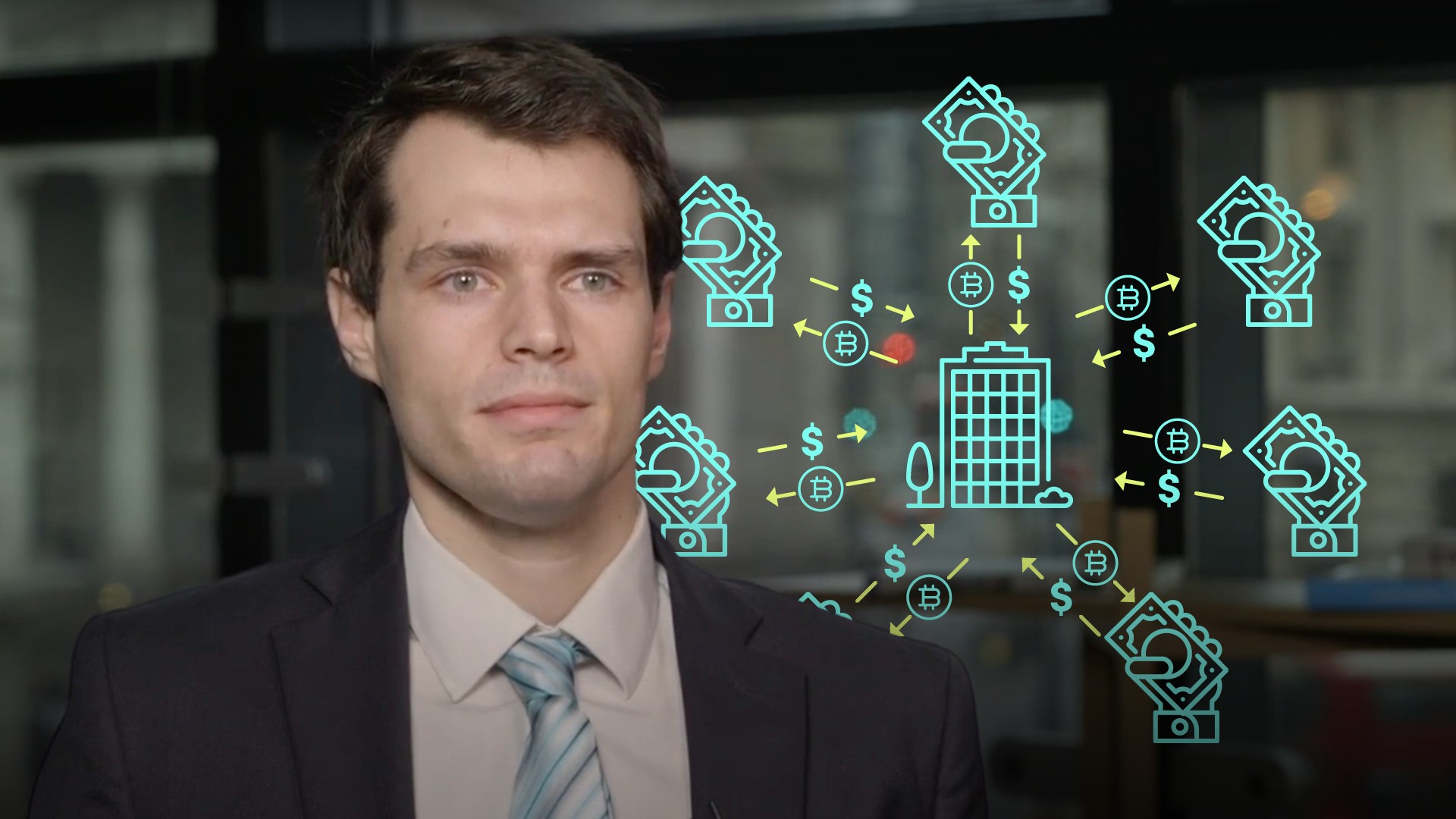
Use Cases of Blockchain in Finance

Igor Pejic
Financial technology & blockchain specialist
The blockchain today seems to be a panacea, the solution to every industry’s trust problem. Igor expands on this idea and discusses seven areas that will be the drivers of operational savings.
The blockchain today seems to be a panacea, the solution to every industry’s trust problem. Igor expands on this idea and discusses seven areas that will be the drivers of operational savings.
Subscribe to watch
Access this and all of the content on our platform by signing up for a 7-day free trial.

Use Cases of Blockchain in Finance
8 mins 33 secs
Key learning objectives:
Outline the 7 major use cases of blockchain in the finance industry
Overview:
According to a very prominent study done by Santander and Oliver Wyman, the blockchain will save banks about 20bn USD per year, starting 2022. These savings are a result of the tremendous efficiency that the blockchain provides which cuts operational costs. It is expected that new revenue streams as a result of the blockchain (which have not been considered in this estimate) will also help the banks.
Subscribe to watch
Access this and all of the content on our platform by signing up for a 7-day free trial.
Briefly describe the 7 major use cases of blockchain in the finance industry
- Payments and remittances
- Bitcoin was invented in order to transfer money across the world without financial institutions, without the regulator monitoring and possibly blocking transactions, and without the multiple layers of expensive intermediaries needed today.
- Clearance and settlement systems
- B2B payments in particular have lately been tackled by companies who have built up blockchain expertise, such as JP Morgan Chase.
- Fundraising
- Using a vehicle called Initial Coin Offering (ICO), unlike an Initial Public Offering (IPO), regulation and bloated bureaucracies are circumvented. ICOs are experimenting with a new model of financing that unbundles access to capital from traditional capital-raising services and firms. Using blockchain, entrepreneurs raise money by selling tokens or coins, allowing them to fundraise without a traditional investor or VC firm.
- Securities and asset management
- To buy or sell assets like stocks, debt, and commodities, you need a way to keep track of trade. Financial markets today accomplish this through a complex chain of brokers, exchanges, central security depositories, clearinghouses, and custodian banks. Algorithmic trust and its promise to make trusted third parties superfluous has hit fertile ground in assets and securities.
- Trade Finance
- Currently in the trade finance industry, bills of lading and letters of credit are still issued on physical paper and they are faxed or sent via physical mail. Using blockchain technology, payments between importers and exporters can take place in tokenised form, contingent upon delivery or receipt of goods. Furthermore, smart contracts enable importers and exporters to set up rules that ensure automatic payments and cut out the possibility of missed, lapsed, or repeatedly mortgaged shipments.
- Loan Business
- Crypto-secured lending requires a borrower to pledge one crypto-asset as collateral in order to borrow another asset, often fiat currency or a stablecoin. Furthermore, in any loan process, blockchain algorithms can take the place of trusted third parties. There are also projects trying to streamline syndicated lending through the use of blockchain.
- Complying with Anti-Money-Laundering (AML) or Know-Your-Customers precepts
- As the blockchain enables multiple parties to share a constantly updated record with each other in a cryptographically secured way, repetitive Know-Your-Customer checks would become obsolete.
Subscribe to watch
Access this and all of the content on our platform by signing up for a 7-day free trial.

Igor Pejic
There are no available Videos from "Igor Pejic"



























